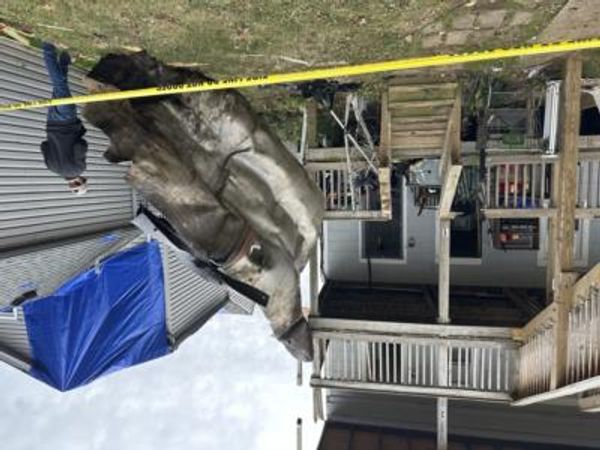
When opposition leader, Anthony Albanese liked to respond to media demands for Labor policy by pointing out that Labor had, in fact, lost the previous election and therefore had to revamp its policies, so he wouldn’t be committing to anything at that point.
It was a nice line, but since becoming prime minister, his government has often given the impression it still thinks it lost the last election. Certainly, it is so concerned about what Peter Dutton might say about its policies that it may as well have the opposition leader sit in cabinet.
Take, for example, the government’s clear-cut, straightforward commitment from the 2022 election to introduce a dramatically lower reporting threshold for political donations, back to $1,000 after twenty years of it being well above $10,000, and requiring real-time disclosure of donations.
There’s nothing complicated about that commitment. Real-time disclosure is already in place in Queensland and partly in place in NSW. But the government has done precisely zero to implement the commitment except to repeatedly drop to journalists that new laws were forthcoming. The last drop was three weeks ago, with the oft-promised laws to finally appear, we were told, in September — meaning there’s a very good chance they won’t be passed during the current Parliament. Why? Because Labor wants bipartisanship. Despite promising to make the changes before the last election and then winning the election, Labor has handed the Coalition a veto over its own election commitment.
Labor has also given Dutton a veto over another election commitment; to prohibit discrimination on the basis of religious faith and discrimination against students — making Albanese’s the second government in a row to make such a promise and then abandon the issue because of its political sensitivity.
There’s also Albanese’s lack of interest in a Makarrata Commission, despite making the implementation “in full” of the Uluru Statement from the Heart his first words as Prime Minister-elect in May 2022. Dutton opposes that too.
This week’s utter debacle over including a question on LGBTQIA+ Australians in the 2026 census — another election promise — reflected the same willingness to let Peter Dutton — who, certain as night follows day, deemed such a question part of a “woke agenda” — set the terms of engagement. The process of developing additional questions was simply shut down, almost mid-meeting, with Labor announcing there would be no new questions in 2026. A succession of ministers, including the utterly hopeless Richard Marles, were sent out to explain that the government didn’t want any divisiveness. This morning, reading the room and the growing revolt in his own caucus and even the outer reaches of his ministry, the prime minister intervened to reverse the decision.
The issue rapidly took on disproportionate symbolism as some sort of official recognition of LGBTQIA+ Australians. Forgotten was the fact that providing, even voluntarily, highly personal information to any government is fraught with risk. Governments time and again have demonstrated their inability to keep personal data secure; nor is there anything to prevent future governments from misusing personal information. The census is a deep intrusion by governments — including all future governments — into the personal lives of Australians and should be dramatically scaled back or even halted altogether, rather than endlessly expanded to push ever deeper into citizens’ privacy.
But Labor wasn’t motivated by such complicated questions. It was merely worried what Dutton would do. It speaks of a timid government that second-guesses itself constantly, that governs with one eye on what its political opponents will make of its announcements. There’s governing from the centre and minimising political risks, and then there’s allowing your opponents to determine how you govern, and this was very much the latter. Dutton has Labor badly rattled.
A more confident government would have let the process run, accepted a new question and pointed out how weird it was that Dutton opposed it. But this certainly isn’t a confident government. If you don’t want to do things because they might be labelled “divisive”, you shouldn’t be in the business of politics. After all, prime minister, Labor did win the last election.







